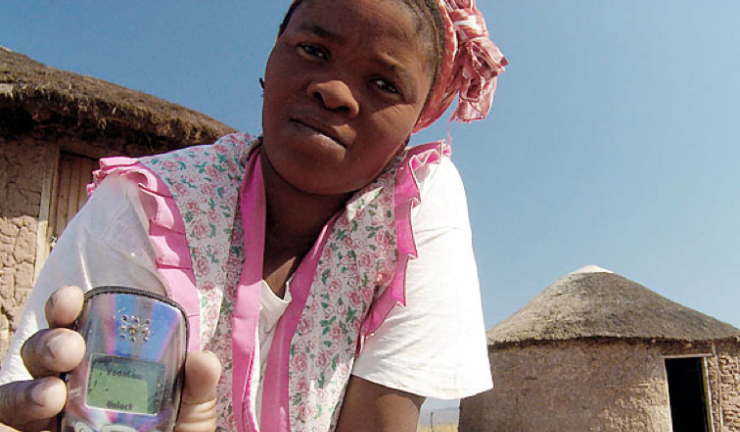OFAC Issues Sudan Its Own General License D

After years of work by activists and civil society organizations, the United States has finally authorized the export of certain personal communications services, software, and hardware. Rumors surrounding the relaxation of restrictions on these exports have swirled for a while now but on last week OFAC, in conjunction with the Bureau of Industry and Security (“BIS”) have updated the Sudanese Sanctions Regulations (“SSR”) and the Export Administration Regulations (“EAR”) to reflect the new policy.
OFAC has revised 31 C.F.R. § 537.533 in a number of ways.
- U.S. persons are now authorized to export to Sudan certain fee-based software and services incident to personal communications. Previously, only the export of no-cost software and services was authorized.
- The exportation and reexportation of additional personal communications software, hardware, and related services is also authorized, provided they appear in the new Annex B to Part 538.
- U.S. persons outside the United States are authorized to export or reexport items not subject to the EAR that would be fall within the scope of Annex B.
- Individuals traveling to Sudan are authorized to export authorized items to Sudan and to import those items back into the United States upon return.
- U.S. persons may export, reexport, or provide certain no-cost services and software that are widely available to the public to the Government of Sudan.
Because OFAC shares jurisdiction over exports to Sudan with BIS, those wishing to take advantage of these changes should first consult 15 C.F.R. § 740.19.
It’s obvious that the inspiration for the changes was the Iran program’s General License D-1 (“GLD-1”). Much of the language in the Sudan revisions is similar or identical to GLD-1 and the Appendix listing out authorized software and hardware is indistinguishable except for minor word changes. Indeed, OFAC specifically cites GLD-1 in the Federal Register notice detailing the modifications to the SSR.
Frankly, it’s a bit curious that it took the Obama administration this long. The justification behind GLD-1 is that it is in the interest of U.S. policy to facilitate the free flow of information between Iran and the outside world by providing Iranians the means to do so. Treasury cites the same reasoning in the Frequently Asked Questions that accompany the new general license. One wonders why it took well over a year to extend the same authorization to Sudan, though bureaucratic inertia seems a likely candidate.
Also interesting is the fact that the new Sudan general license was adopted via a regulatory amendment to the Sudanese Sanctions Regulations, rather than as a standalone license as is the case with GLD-1. Enacting the changes by amending the SSR is preferable to practitioners, it means fewer documents to keep track of, so let’s hope this practice continues. We asked for comment from Treasury on this discrepancy, here’s the response from a spokesperson:
“We constantly evaluate our sanctions regimes to ensure their effectiveness. These changes are consistent with the U.S. government’s commitment to the free flow of information to facilitate communications by the Sudanese people.”
Not exactly the most illuminating response, though we’re inclined to read between the lines and conclude Treasury believes a regulatory amendment is the most effective method of implementing the new policy.
Credit for the new policy is due. New America Foundation’s Open Technology Institute has long advocated for harmonizing our sanctions policy towards communications technology, authoring a white paper over a year ago advocating for this change, as well as similar changes to the Cuba and Syria sanctions programs. We should also mention the efforts of Collin Anderson who worked tirelessly on this issue. The advocacy work by numerous Sudanese civil society organizations should also not be forgotten.
While these changes are certainly welcome, at the end of the day the issue of financial transactions necessary to effectuate this type of trade will determine the true impact. While GLD-1 was heralded as a major opening for tech exports to Iran, a hesitancy to facilitate necessary financial transactions has dampened the willingness of U.S. companies to take advantage. Outreach to financial institutions by Treasury will likely be necessary if the administration wishes the new general license to be fully utilized.
The author of this blog is Erich Ferrari, an attorney specializing in OFAC matters. This post was written by Samuel Cutler, Policy Adviser at Ferrari & Associates, P.C. If you have any questions please contact them at 202-280-6370 or ferrari@ferrariassociatespc.com or cutler@ferrariassociatespc.com.



